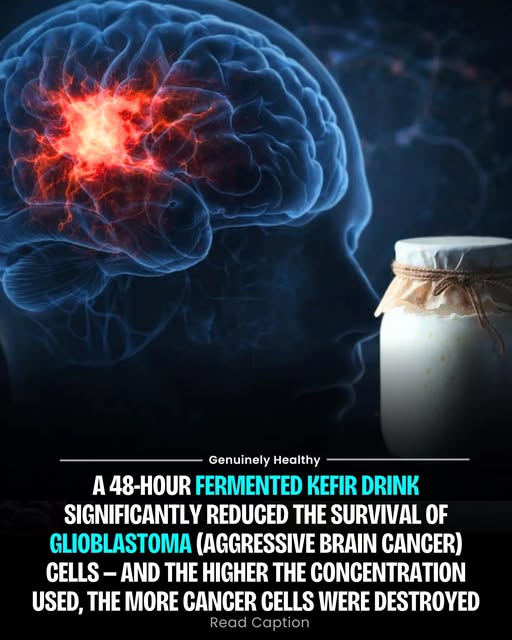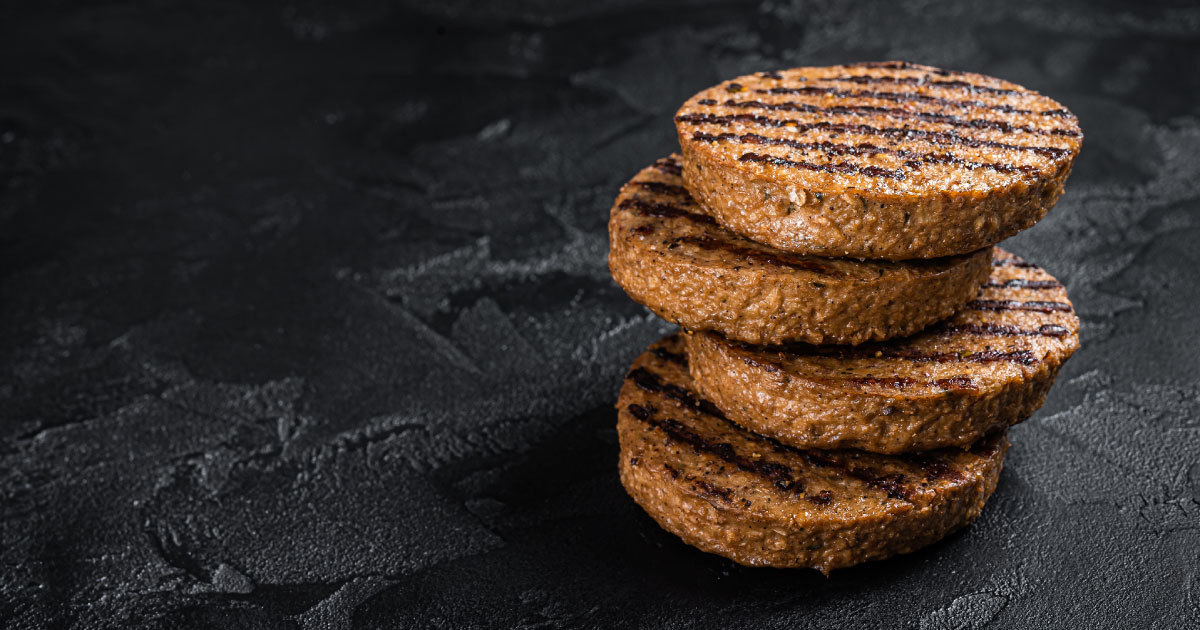
Most people plant a fruit tree, mulch the base, feed it occasionally and wonder why it never quite reaches its potential. The tree survives. It produces. But it never thrives the way old orchards do the ones where trees live for a hundred years and yield more as they age rather than less.
The difference is almost never the tree variety. It is almost always what grows around it.
Traditional orchardists planted guilds communities of specific companion plants around each tree that collectively do every maintenance job the tree needs. Pest suppression. Soil feeding. Moisture retention. Pollinator attraction. Mineral accumulation. All handled by the guild. No human intervention required.
A guild is not random companion planting. Every plant in a guild has a specific function. Every function serves the tree.
The classic fruit tree guild three essential plants:
Comfrey (Symphytum officinale)
The most important guild plant on earth. Deep tap roots up to 1.8 metres mine subsoil minerals that fruit tree roots cannot reach, pulling up calcium, potassium, phosphorus and magnesium from below the tree’s root zone and depositing them in its leaves. Chop the leaves and drop them around the tree base instant mineral-rich mulch that breaks down within weeks and feeds the tree from above simultaneously. Chop six times a year. The tree gets a mineral feeding six times a year for free. One comfrey plant lives for decades and never needs replanting.
Also comfrey flowers are one of the most important early-season bee forage plants available. Bumblebees specifically seek them out. More bees at comfrey means more bees at your fruit tree flowers means more fruit.
Plant three to five comfrey plants in a ring around the tree drip line not touching the trunk, at the outer canopy edge where the feeder roots are.
Garlic
Planted around the tree base in autumn, garlic does three things simultaneously. Its sulfur compounds deter aphids the primary pest on most fruit trees in spring through volatile emissions that the insects find overwhelming. It suppresses certain soil fungal pathogens that affect fruit tree roots, particularly those causing collar rot. And when the garlic tops die back in early summer they add organic matter directly to the root zone.
Scatter plant garlic cloves between the comfrey plants 15 to 20cm apart, informal, no need for rows. Harvest the bulbs in summer. Replant a portion in autumn. The guild renews itself.
White Clover
The ground cover layer of the guild. Spreads naturally to cover all bare soil under the tree canopy suppressing weeds completely without any human intervention. Fixes atmospheric nitrogen directly into the soil through root nodules feeding the tree’s feeder roots at exactly the depth they need it. Flowers continuously from spring through autumn providing one of the longest and most consistent pollinator food sources available. Low enough to never compete with the tree canopy. Self-seeding so it never needs replanting.
White clover is the perfect ground cover for one specific reason it grows vigorously enough to suppress weeds but not so vigorously it ever threatens the tree or the comfrey. It knows its layer.
Additional guild plants worth adding:
Yarrow
Mineral accumulator, beneficial insect attractor, particularly attracts predatory wasps that control aphid populations
Nasturtium
Aphid trap crop – aphids prefer nasturtium to your tree and colonize it instead. The plant sacrifices itself so the tree doesn’t have to.
Borage
Bee magnet, self-seeds prolifically, trace mineral accumulator, decomposes fast when chopped
Chamomile
Calcium accumulator, antifungal properties in root exudates benefit neighboring plants, attracts hoverflies
The principle:
Every guild plant occupies a different ecological niche different root depth, different canopy height, different seasonal peak, different functional contribution. Together they create a self-maintaining system that improves every year as the plants establish and the soil biology builds.
Year one the guild looks sparse and deliberate
Year three it looks intentional and productive
Year seven it looks like it was always there
And your fruit tree is producing more than it ever did when it stood alone.
Start guild planting at tree installation establishes together
Comfrey must be planted from root cuttings not seed Bocking 14 variety is sterile and non-invasive
White clover seed is cheap broadcast by hand, water once, it takes care of itself
Garlic planted in autumn harvested in summer perfect seasonal rhythm
Guild works for apples, pears, plums, cherries, figs, citrus all fruit trees
Stop maintaining your fruit tree.
Build its community instead.
Save this and plant a guild this season.







